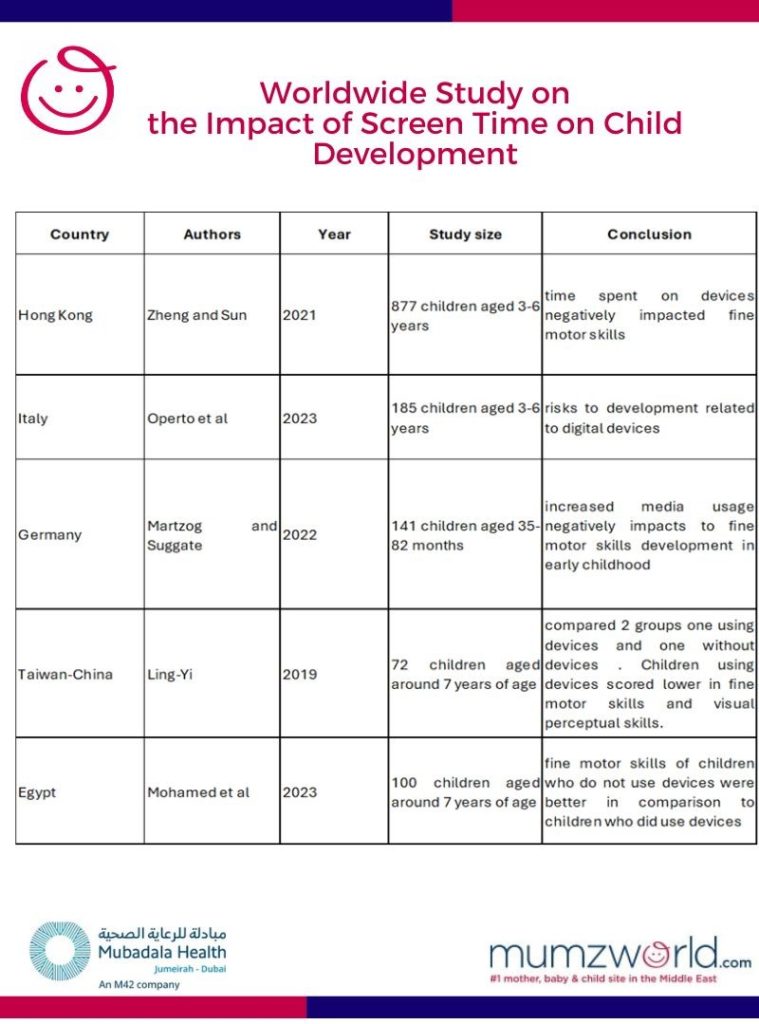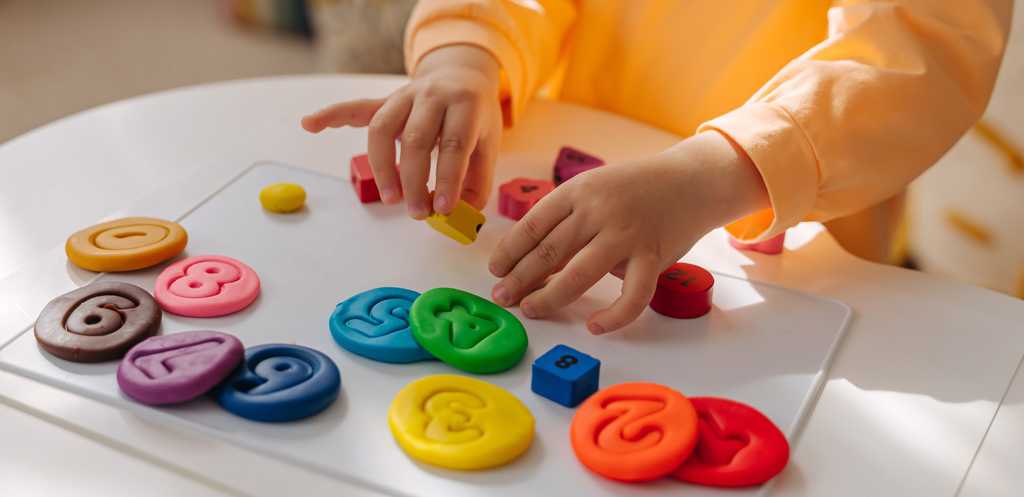As parents, we often grapple with pressing questions: When is the right time to introduce our children to devices? How much screen time is appropriate each day? What effects does this screen time have on our child’s development? This blog aims to explore the specific relationship between tablet use and fine motor skills in children.
What are fine motor skills?
Fine motor skills are the coordinated movements of small muscles in the hands and fingers, working in tandem with the brain and nervous system. These skills are crucial for tasks such as eating, dressing, writing, and typing.
Why are fine motor skills so important?
Fine motor skills serve as the foundation for a wide array of everyday tasks. If these skills are underdeveloped, children may struggle with simple activities like tying their shoelaces or keeping pace with writing assignments at school. The development of fine motor skills is essential for fostering independence and self-sufficiency in young learners.
Numerous studies worldwide have examined the impact of device use on children’s development. Below is a summary of five significant findings.

Key Insights from Recent Studies
The evidence consistently shows that excessive screen time can hinder a child’s development, particularly in areas like visual perception, attention, and concentration. The vibrant and fast-paced nature of digital content can make traditional reading seem tedious. As a result, children may rush through tasks in hopes of returning to their devices, leading to a diminished interest in activities that do not provide immediate gratification.
What can we do about this?
Here are several strategies to help mitigate the impact of screen time on fine motor skill development:
- Limit Screen Time: Set clear boundaries by using timers to manage device usage. Consider restricting device use during mealtimes to promote family interaction.
- Engage Actively: Share device time with your child. Play interactive games or watch educational videos together, fostering conversation and engagement.
- Encourage Tool Use: Introduce a stylus or mouse to enhance fine motor skills. These tools can promote more precise movements compared to simple finger taps.
- Promote Fine Motor Activities: Incorporate activities that strengthen fine motor skills into your daily routine. Here are a few suggestions:
- Playdough or Clay: Sculpting encourages hand strength and dexterity.
- Lacing Tasks: Stringing beads or laces can improve coordination.
- Tweezers Activities: Using tweezers to pick up small objects can be both fun and beneficial.
- Coin/Bead Sorting: Engaging with a piggy bank or sorting activities reinforces fine motor skills.
- Play Hands-On Games: Classic board games like Ludo and Snakes and Ladders can provide enjoyable opportunities for children to practice their motor skills.
In a nutshell…
In today’s digital age, devices are an integral part of our lives. While we can’t eliminate their use, we can manage it effectively. Like with most things in life, moderation is key. By consciously integrating activities that develop fine motor skills, gross motor skills, attention, and concentration into your child’s routine, we can counterbalance the effects of excessive screen time.
If you have any further questions or concerns, consider consulting our experienced pediatric team at Mubadala Health Dubai, located in the heart of Jumeirah. Your child’s development is a journey, and we are here to support you every step of the way.







This is such an important topic! I think a lot of parents underestimate how much fine motor skills affect everyday independence, not just schoolwork. It’s easy to hand kids a tablet for convenience, but I’ve noticed with my own little one that too much screen time means less time spent on hands-on play like puzzles, coloring, or even building blocks, all of which really strengthen those small muscles. Balance feels like the key here. Thanks for breaking it down so clearly!
Best Sad Shayari naturally like your web site however you need to take a look at the spelling on several of your posts. A number of them are rife with spelling problems and I find it very bothersome to tell the truth on the other hand I will surely come again again.
Best Sad Shayari I very delighted to find this internet site on bing, just what I was searching for as well saved to fav
I would like to thank this website for the valuable effort put into publishing such meaningful content. The articles are well-researched, insightful, and always engaging. Thank you for helping readers expand their understanding and encouraging curiosity through knowledge-sharing.
I want to express my thanks to this website for creating a space filled with knowledge and inspiration. The articles are well-structured and packed with useful insights. Thank you for your dedication to sharing information that truly benefits readers.
If you’re in Africa and looking for a betting app, check out betpawaapp. It’s popular in the region, they offer simple betting. Might be worth downloading if you’re from around there. betpawaapp
I’ve noticed with my own kids that too much screen time really seems to affect how well they handle tasks like drawing or buttoning a shirt. It’s a good reminder that we need to encourage more hands-on play, like with blocks or playdough, to build up that strength. It’s amazing how much those little skills matter for their independence later on.
I hold immense appreciation for your exceptional writing skills! It exudes a truly distinctive quality that is unparalleled in my entire lifetime of literary encounters. I am sincerely grateful for sharing it with us.